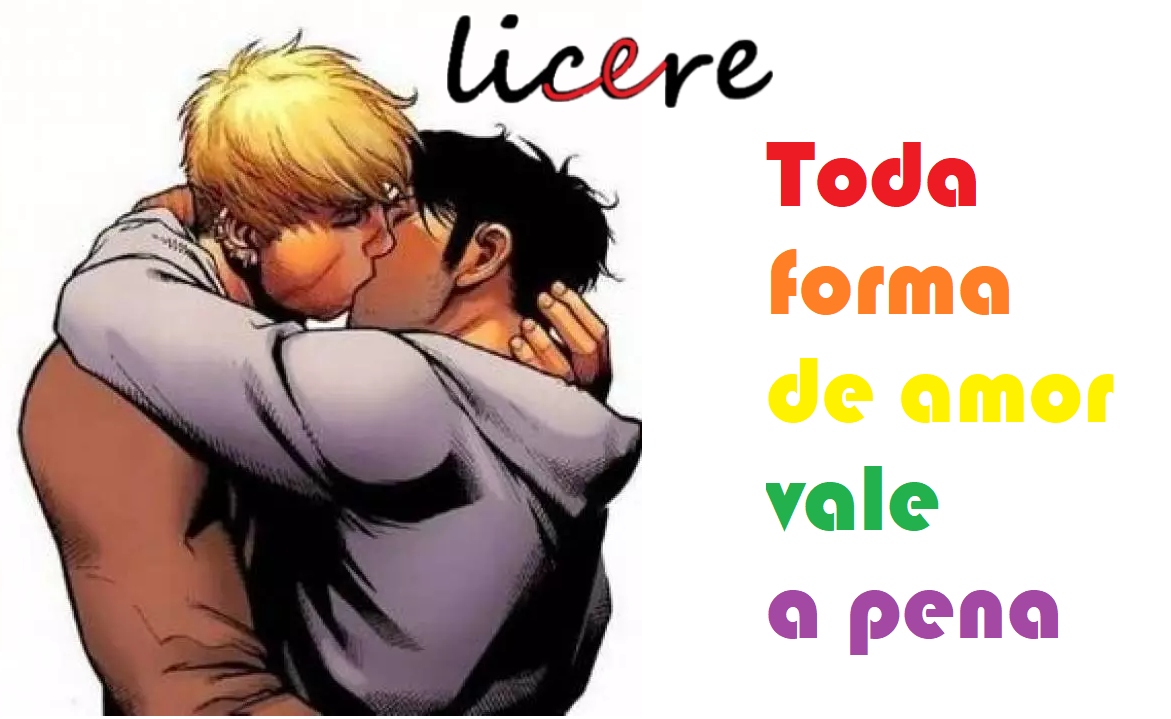Leisure as a Curricular Component in Higher Education Settings
An Analytical Perspective from Physical Education
DOI:
https://doi.org/10.35699/1981-3171.2019.15313Keywords:
Leisure Theory, Curriculum, Teacher TrainingAbstract
The research aimed to investigate theories and concepts of leisure developed in Physical Education courses in higher education settings in the state of Sergipe. The research is presented in the article in three sections: the first brings a synthesis of significant questions concerning the curriculum; the second, a relevant opposition to the understanding of the philosophical-pedagogical orientations in the field of leisure; the third was devoted to the qualitative textual analysis of the empirical data collected in the research. The corpus was composed of Physical Education programs of institutions of higher education in the state of Sergipe that develop the curricular component “leisure”, in addition to interviews with lecturers and students involved in these disciplines. The analysis shows that there is evidence of the phenomenological (one discipline) and positivist (two disciplines) approaches, both in the (predominant) form in which the disciplines are developed (methods) and in the way leisure is conceptualized (content).
Downloads
References
ALVES JUNIOR, E. D.; MELO, V. A. Introdução ao lazer. Barueri: Manole, 2003.
BERTOLO, R. A. Cultura do jogo: Livro do professor e do aluno. São Paulo: Ícone, 2005.
CANAPARO, C. Geo-epistemology: Latin America and the location of knowledge. Oxford: Peter Lang, 2009.
CASTELLANI FILHO, L.; CASTELLANI, R. M. Os jogos na minha escola. Campinas: Autores Associados, 2009.
CAVALLARI, V. R.; ZACHARIAS, V. Trabalhando com recreação. 7. ed. São Paulo: Ícone, 2004.
DARIDO, S. C.; SOUZA JUNIOR, O. M. Para ensinar Educação Física: Possibilidades de Intervenção na Escola. 7. ed. Campinas: Papirus, 2011.
DIAS, C. Teorias do lazer e positivismo. In: PIMENTEL, G. G. A. (org.). Teorias do Lazer. Maringá: Eduem, 2010. p.43-72.
DIECKERT, J. Ensinar e aprender na educação física. Rio de Janeiro: Ao Livro Técnico, 1997.
FREIRE, P. Pedagogia da autonomia: saberes necessários à prática educativa. 25. ed. São Paulo: Paz e Terra, 1996. (Coleção Leitura).
GOMES, C. L. (Org.). Dicionário Crítico do Lazer. Belo Horizonte: Autêntica Editora, 2004.
GRUNDY, S. Curriculum: Product or praxis. Londres: The Falmer Press, 1987.
GUEDES, M. H. S. Continuando a Brincadeira: jogos de aprendizagem, estafetas, atividades psicomotoras e sessão historiada. 2. ed. São Paulo: Phorte, 2013.
HUIZINGA, J. Homo ludens. 4. ed. São Paulo: Perspectiva, 2000.
ISAYAMA, H. F.; WERNECK, C. L. G. (Org.). Lazer, Recreação e Educação Física. Belo Horizonte: Autêntica, 2003.
LAFARGUE, P. O direito à preguiça. São Paulo: Claridade, 2003.
MARCELLINO, N. C. (Org.) Lazer e Sociedade: Múltiplos Olhares. Campinas: Editora Alínea, 2008.
______. Pedagogia da animação. Campinas: Papirus, 1989.
MELO, V. A. A animação cultural: conceitos e propostas. Campinas: Papirus, 2006.
MONTEIRO, F. Educação Física Escolar e Jogos Cooperativos: uma relação possível. São Paulo: Phorte, 2012.
MORAES, R. Uma tempestade de luz: a compreensão possibilitada pela Análise Textual Discursiva. Ciência e Educação, v.9, n.2, p.191-211, 2003.
PARKER, S. A sociologia do lazer. Rio de Janeiro: Zahar, 1978.
PIMENTEL, G. G. A. Sobre os desvios no lazer: questões para se pensar a corrupção do lúdico. In: LARA, L. M. (Org.). Abordagens socioculturais em educação física. Maringá: Eduem, 2010a. p.81-112.
______. (Org.). Teorias do Lazer. Maringá: Eduem, 2010b.
PUKE, N.; MARCELLINO, N. C. Possibilidades de interface entre lazer e fenomenologia. Revista argumento, Porto Alegre, v.2. n.01, p.307-327, 2014.
RODRIGUES, C.; GONÇALVES JUNIOR, L.; LEMOS, F. R. M. Teorias do lazer: contribuições da fenomenologia. In: PIMENTEL, G. G. A. (org.). Teorias do Lazer. Maringá: Eduem, 2010. p.73-102.
SACRISTÁN. J. G. O currículo: uma reflexão sobre a prática. 3. ed. Porto Alegre: Artmed, 2000.
SANTOS, J. O Componente Curricular “Lazer” nos Cursos de Formação de Professores de Educação Física nas Instituições de Ensino Superior do Estado de Sergipe. 2016. 152f. Monografia - Graduação em Educação Física Licenciatura, Universidade Federal de Sergipe, São Cristóvão, 2016.
SCHWARTZ, G. M. (Org.). Educação Física no ensino superior: Atividades recreativas. Rio de Janeiro: Guanabara Koogan, 2004.
SILVA, T. T. Documentos de identidade; uma introdução às teorias do currículo. 3. ed. Belo Horizonte: Autêntica, 2007.
SOARES, C. Educação Física: raízes europeias e Brasil. São Paulo: Autores Associados, 2007.
TUBINO, M. J. G. Dimensões Sociais do Esporte. São Paulo: Cortez, 2011.
WEINECK, J. Atividade Física e Esporte: para quê? São Paulo: Manole, 2003.

